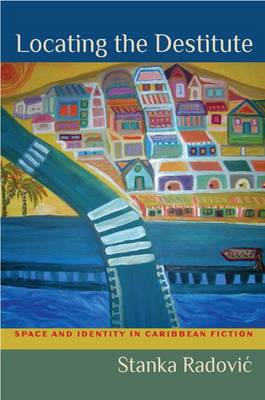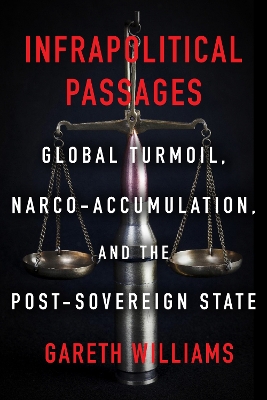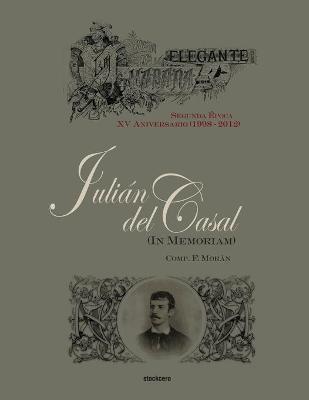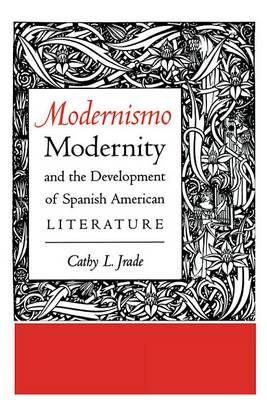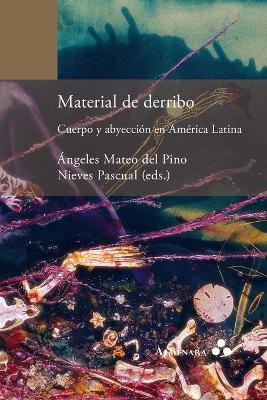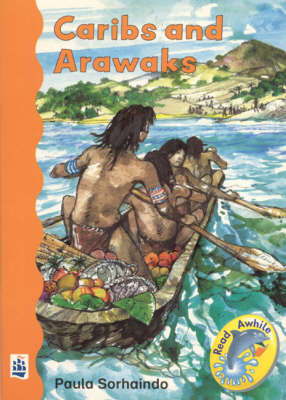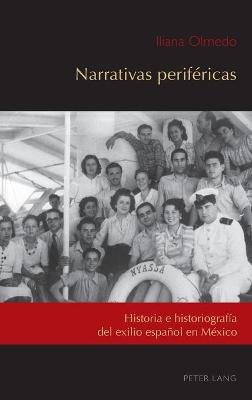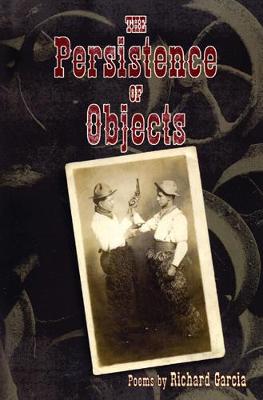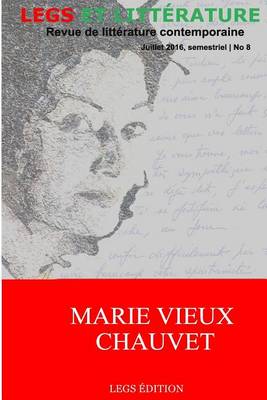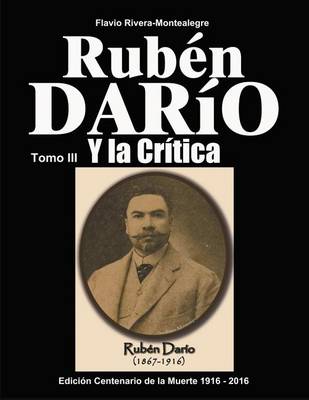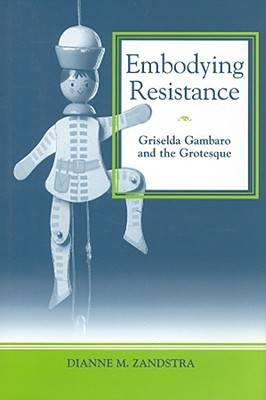This book makes a case for infrapolitics as an enactment of intellectual responsibility in the face of a tumultuous world of war and of technological value extraction on a planetary scale. Infrapolitical Passages proposes to clear a way through some of the dominant political determinations and violent symptoms of contemporary globalization. In doing so, Gareth Williams makes a case for infrapolitics as an enactment of intellectual responsibility in the face of a tumultuous world of war and of...
Politics and Performance in Post-Dictatorship Argentine (Coleccion Tamesis. Serie A, Monografias)
by Phillipa Page
This comparative study examines the strategies of re-politicization and socialization employed in contemporary Argentine film and theatre produced in the wake of the 1976-83 dictatorship. It focuses on the socio-political facets of performance across a range of films and dramatic compositions. The book highlights the manner in which the trope of performance represents the place in which film and theatre experiment with generic and mediatic hybridization. Each chapter takes as its point of depar...
Writing and violence have been inextricably linked in Spanish America from the Conquest onward. Spanish authorities used written edicts, laws, permits, regulations, logbooks, and account books to control indigenous peoples whose cultures were predominantly oral, giving rise to a mingled awe and mistrust of the power of the written word that persists in Spanish American culture to the present day. In this masterful study, Anibal Gonzalez traces and describes how Spanish American writers have refl...
Eighteenth-Century Oratory and Poetic Contests in Peru (Juan de La Cuesta-Hispanic Monographs)
by Jerry M. Williams
Modernismo, Modernity and the Development of Spanish American Literature
by Cathy L Jrade
Modernismo arose in Spanish American literature as a confrontation with and a response to modernizing forces that were transforming Spanish American society in the later nineteenth century. In this book, Cathy L. Jrade undertakes a full exploration of the modernista project and shows how it provided a foundation for trends and movements that have continued to shape literary production in Spanish America throughout the twentieth century. Jrade opens with a systematic consideration of the developm...
Novel Lives (North Carolina Studies in the Romance Languages and Literatures)
by Rosemary Geisdorfer Feal
Following an introduction to the theory of autobiographical rhetoric, this study centers on the process of fictionalizing the self in Cabrera Infante's La Habana para un infant difunto and Vargas Llosa's La tia Julia y el escribidor. Rosemary Feal examines narrative devices that the self-conscious protagonists employ to translate life into text and shows how they create mock autobiographies. The analysis of the autobiographical mode encompasses related forms of storytelling including the picares...
Material de derribo. Cuerpo y abyeccion en America Latina
by Angeles Mateo del Pino and Nieves Pascual
Who were the Caribs? Where did the Arawaks live? Where do the Caribs live today? This book answers all these questions and looks at the daily lives of both communities - their beliefs, their fishing and farming, and their games. The glossary contains a list of Carib and Arawak words.
Narrativas perifericas; Historia e historiografia del exilio espanol en Mexico (Exiles and Transterrados, #2)
by Iliana Olmedo
Las historias de la literatura espanola y mexicana, bajo el uso de criterios nacionales, aislaron, marginaron o ignoraron la creacion de los intelectuales del exilio espanol de 1939. Este libro evalua con inteligencia y profundidad las condiciones sociales, politicas y culturales que conformaron este contexto, para determinar las causas y consecuencias de esta exclusion. Analiza, asi, los factores que determinan y construyen la historiografia literaria, tanto de Mexico como de Espana. A partir d...
Can Literature Promote Justice?: Trauma Narrative and Social Action in Latin American Testimonio
by Kimberly A Nance
The Persistence of Objects (American Poets Continuum, #102)
by Richard Garcia
In The Persistence of Objects Richard Garcia gives us a poetry rich in the improvisational surrealist tradition while still deeply rooted in the humanist tradition-this is sur-realism with heart. A master of radically inventive humor, Garcia also pays attention to structure and form. A core of love poems threads through the book, often in the form of Spanish-style sonnets. Garcia's poems are rife with surprises and fables that disclose the heart of our humanity with comic irony and tragic poigna...
Marie Vieux-Chauvet (Revue Legs Et Litterature, #8)
by Dieulermesson Petit Frere, Carolyn Shread, and Mirline Pierre
Ruben Dario y la Critica. Tomo III (Ruben Dario y la Critica, #3)
by Flavio Rivera-Montealegre
Performing Women and Modern Literary Culture in Latin America
by Vicky Unruh
Women have always been the muses who inspire the creativity of men, but how do women become the creators of art themselves? This was the challenge faced by Latin American women who aspired to write in the 1920s and 1930s. Though women's roles were opening up during this time, women writers were not automatically welcomed by the Latin American literary avant-gardes, whose male members viewed women's participation in tertulias (literary gatherings) and publications as uncommon and even forbidding....
Relaci N de Las Cosas de Yucat N (Juan de La Cuesta Hispanic Monographs. Series Ediciones Crit)
by Diego De Landa
"Embodying Resistance" traces narrative strategies in six of Griselda Gambaro's novels to the grotesco criollo and to the broader grotesque tradition. Gambaro (Argentina, 1928-) is widely recognized as an interpreter of a society in crisis. The grotesque serves in her work to ridicule authority figures in the family and in society at large and to expose repression by presenting its ultimate consequences in the human body. Gambaro seeks, out of an acknowledged ethical commitment to society, to re...
